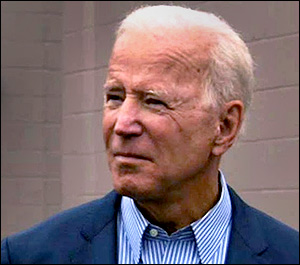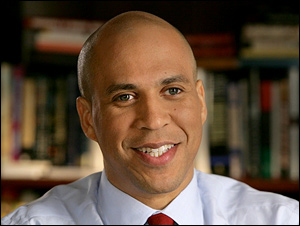By Jim Ellis

Former vice president, Joe Biden
For more than a year, Biden has enjoyed strong leads in South Carolina but his poor performance in Iowa and New Hampshire, with a slight rebound in Nevada, had caused his Palmetto State margins to tighten. One poll, from Change Research on Feb. 12-14, forecast Biden and Sen. Bernie Sanders (I-VT) lapsing into a tie.
Four closing polls were released yesterday, giving Biden leads of between 4 and 28 points, but it is the former poll that seems to be the anomaly. Change Research (Feb. 23-27; 543 likely South Carolina Democratic primary voters) projects Biden leading Sen. Sanders and billionaire Tom Steyer, 28-24-16 percent, with Sen. Elizabeth Warren (D-MA) lagging behind with a 12 percent preference factor. Under this poll, the top three finishers would qualify for delegate apportionment.
On the other hand, Emerson College (Feb. 26-27; 425 likely South Carolina Democratic primary voters) and Monmouth University (Feb. 23-25; 454 likely South Carolina Democratic primary voters) come much closer to Starboard Communications’ (Feb. 26; 1,102 likely South Carolina Democratic primary voters; online) 28-point spread line.
Starboard projects Biden leading 40-12-11 percent over Steyer and Sanders. Emerson finds him holding a 17-point lead, while Monmouth posts the former VP to a 20-point advantage. Both Emerson and Starboard find Biden touching the 40 percent mark. Biden’s large leads fail to prevent the Change Research and Monmouth polls from projecting that three of the candidates would earn a share of South Carolina’s 54 first-ballot delegate allotment, however.
To estimate a reasonable delegate count, the Monmouth poll finds a 36-16-15 percent spread for Biden, Sanders, and Steyer. If this poll proved most accurate, the delegate split would approximately be 29-13-12, consecutively, assuming the seven congressional district totals turned in similar ratios.

 By Jim Ellis
By Jim Ellis

